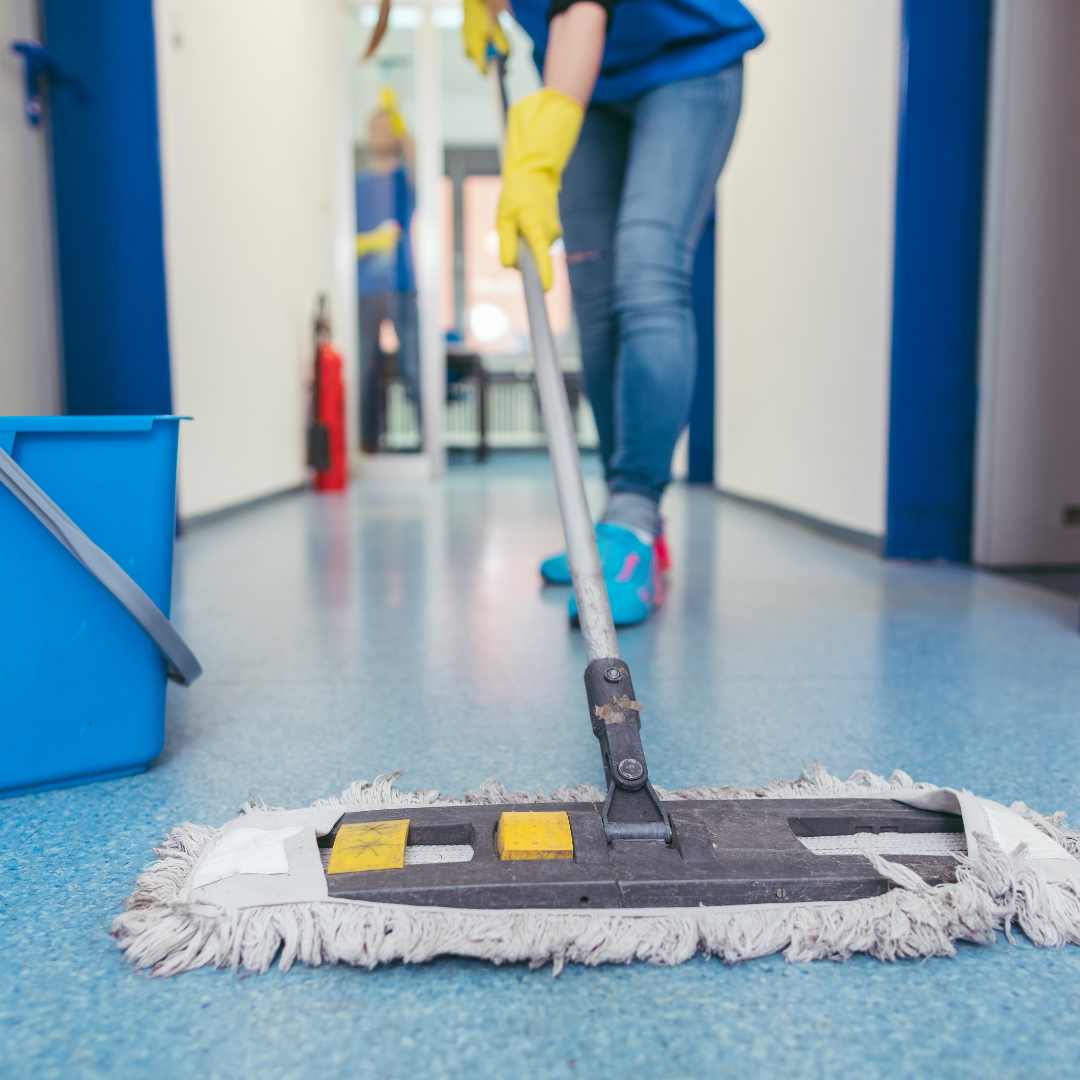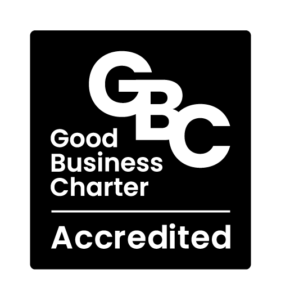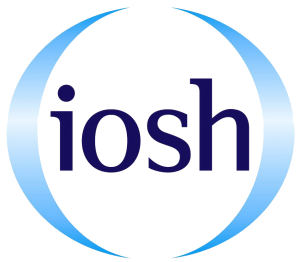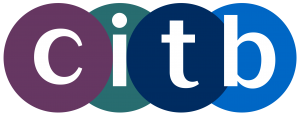
A Question Worth Asking
We spend a significant portion of our lives in offices. From early morning meetings to late-night deadlines, our workspace is a crucial part of our professional lives. But have you ever stopped to think about the cleanliness of your office? And more importantly, are the people cleaning it trained to do so effectively? Are your staff trained to clean?
Having the right people cleaning your office is essential; cleaning seems like such a simple thing to do. Be your own staff are probably not trained to use chemicals properly, ths can cause serious issues for equipment and could potentially harm your staff.
Why Training Matters
A clean office is more than just aesthetically pleasing. It’s a matter of health, productivity, and overall company image. Staff trained to clean can:
- Reduce the spread of germs: Proper cleaning techniques and the use of effective disinfectants can help prevent the spread of illness.
- Improve air quality: Regular cleaning can remove dust, allergens, and other pollutants that can affect respiratory health.
- Boost employee morale and productivity: A clean and organized workspace can positively impact employee satisfaction and focus.
- Protect your investment: Regular cleaning can help extend the life of your office furniture and equipment.
Key Areas of Training
Staff Trained to Clean should have expertise in:
- Cleaning techniques: Proper methods for cleaning different surfaces, including floors, desks, and equipment.
- Product knowledge: Understanding the appropriate use of cleaning chemicals and their potential hazards.
- Health and safety: Adhering to safety protocols to protect themselves and others.
- Equipment operation: Using cleaning equipment efficiently and safely.
- Time management: Completing cleaning tasks within a specified timeframe.
Taking the Initiative
As an employer or office manager, you can take the following steps to ensure your office is clean and healthy:
- Hire a reputable cleaning company: Research companies that prioritize training and certification.
- Ask about training programs: Inquire about the specific training your cleaning staff receives.
- Conduct regular inspections: Check for cleanliness and adherence to cleaning protocols.
- Provide feedback: Offer constructive criticism and praise to your cleaning staff.
- Encourage employee input: Listen to employee concerns about cleanliness and take action.
By prioritizing cleanliness and training, you can create a healthier, more productive, and more professional work environment.
What are your thoughts on office cleanliness and staff training? Share your experiences and opinions in the comments below.
Read more of our blogs
What to clean in your office to reduce the risk of colds and flu
















